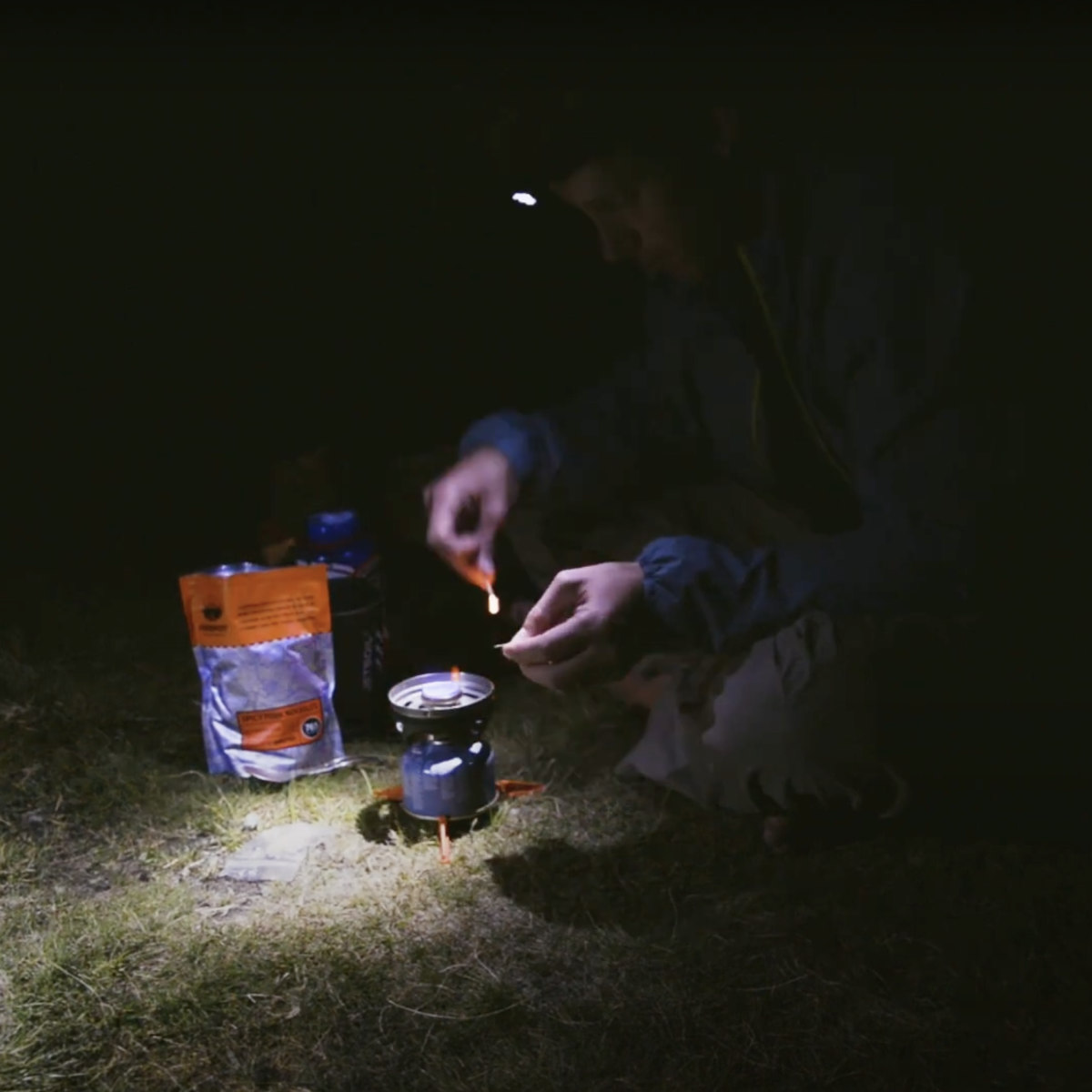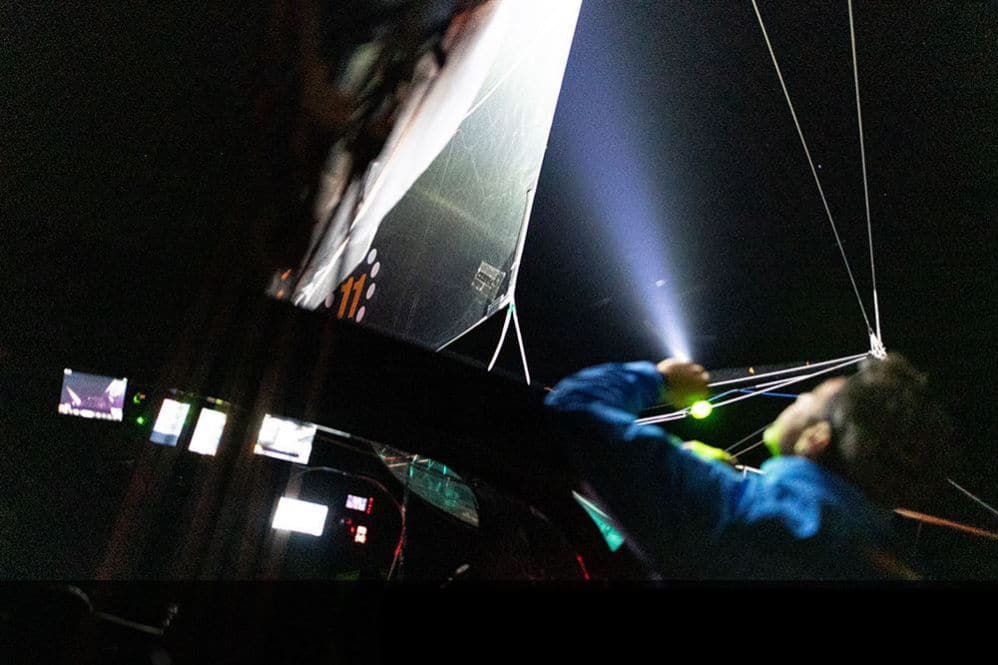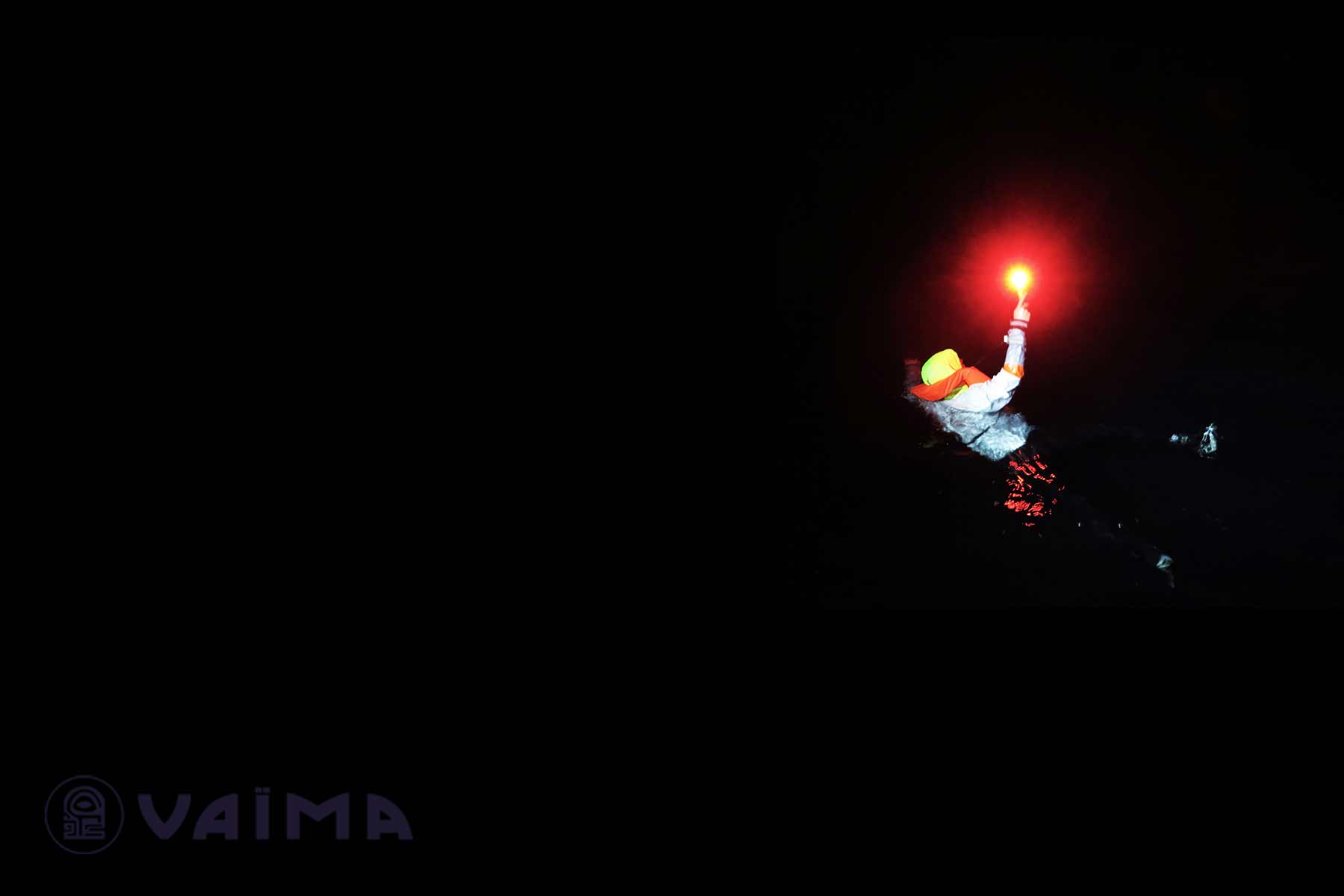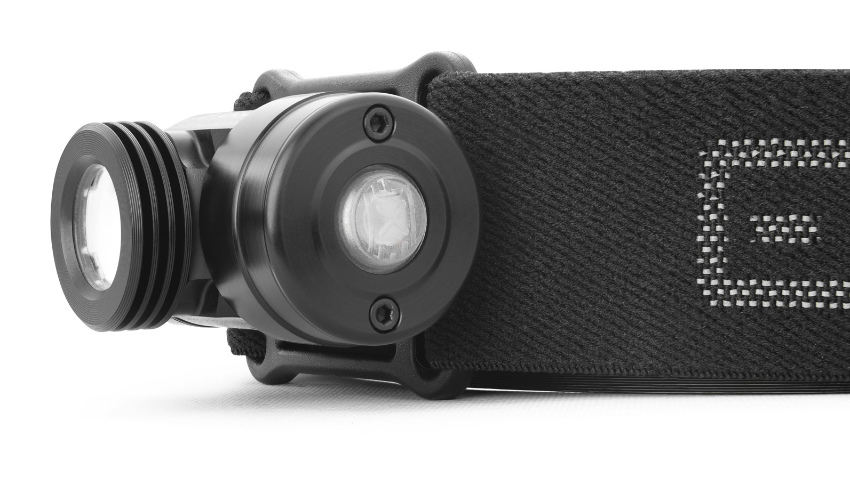Exposure HTGO Head Torch – 400 lumens ultra-light with USB‑C charging
- -40%
- -40%
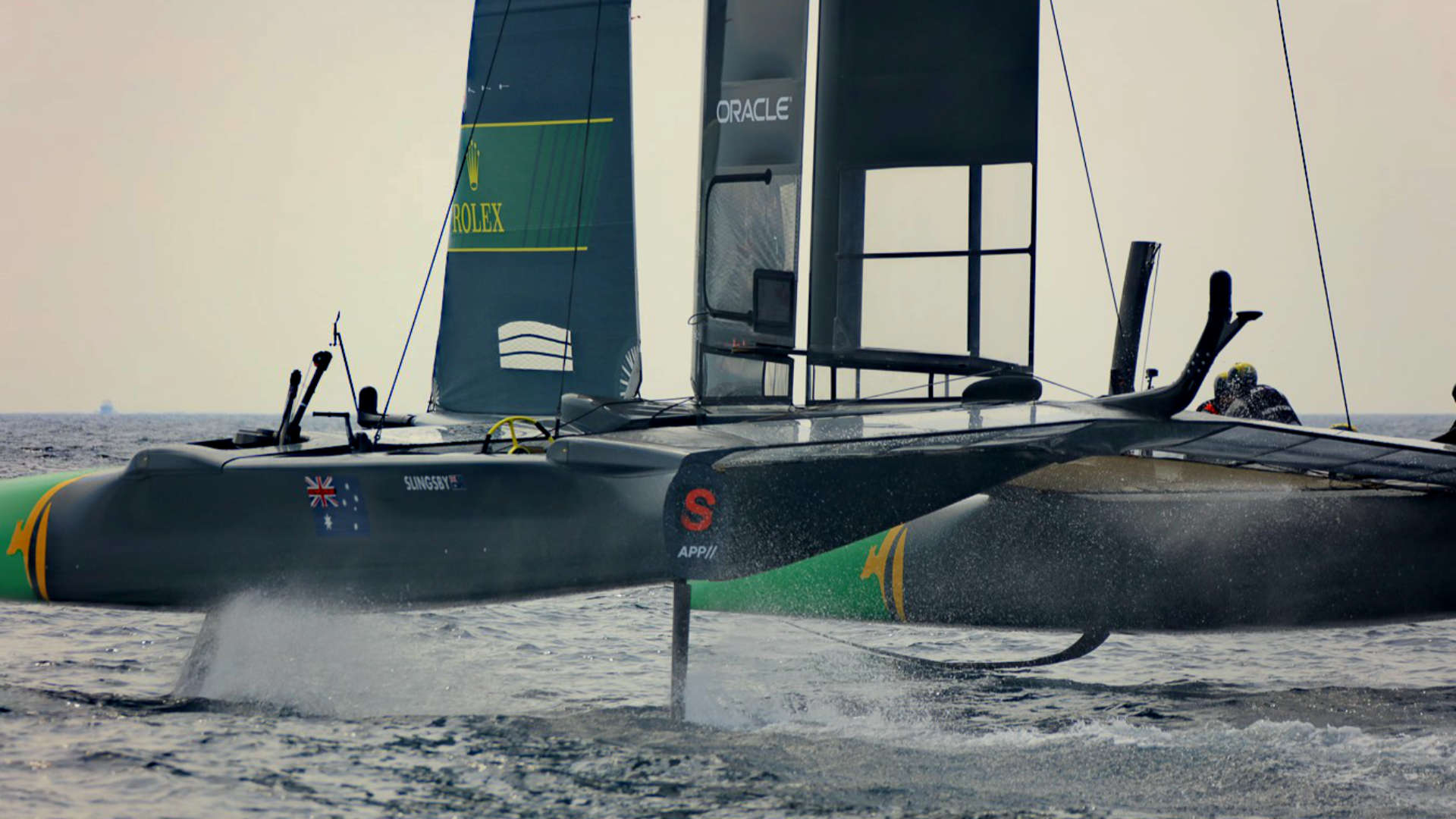
Are you ready to take on new challenges and explore new horizons, but don’t want to risk your safety? We have what you need to join you on your next outdoor adventure!
Exposure HTGO Head Torch – 400 lumens ultra-light with USB‑C charging
Exposure HT500 Head Torch – 500 lm, separate carbon battery pack
Exposure HT1000 Head Torch – 1000 lm, rear battery pack, charge indicator
Emergency flash light with infrared LED ODEO Strobe
Waterproof and floating pocket torch Exposure Float-on
Our mission is to equip sailors with the best possible equipment, meeting the highest quality standards. Sailing can be complex, with many risks, so we select reliable tools, able to withstand the most difficult situations. Our commitment to innovation ensures they stay ahead, while maintaining our focus on safety, durability and simplicity. Tested in extreme conditions, our equipment provides a safe and comfortable experience in all circumstances so you can enjoy your adventure like never before. Now access uncharted territories while benefiting from a unique level of safety and comfort. No matter how far you are from the coast, you’ll always have the right gear at your disposal.
DiscoverExtend your nighttime adventures with our powerful and rechargeable head torchs, designed for trekking, trail running, sailing, nighttime running, or cycling. Enjoy reliable, lightweight, and waterproof lighting for all your outdoor and urban activities.
Challenge the darkness with confidence with the HT1000 from Exposure Lights. Its powerful beam ensures optimal visibility. With its one-click brightness adjustment and multiple modes, it’s the essential tool for trail running, camping, and mountain biking. Its separate battery pack ensures a secure fit and fatigue-free use over long distances. Comfortable and adjustable, it leaves your hands free for all your nighttime adventures.
Safely recharge your RAW Pro 2 head torch with our magnetic docking station. Transform it into a work lamp as soon as it’s placed on its base. Enjoy additional lighting during charging, ensuring a smooth and secure light continuity between the chart table and the deck.
The features offered by ODEO Flare give this equipment a guarantee of individual safety in hazardous environments. In a distress situation, this is the solution to make you visible and to be identified as being in danger.
The RAW Pro is the ultimate choice for the sailor. One-click access to red light helps avoid accidental loss of night vision. With its waterproof aluminum casing, the RAW Pro has convinced the world’s top professional sailors for whom failure is not an option.

